Be on the watch for signs of estate-related fraud and abuse: and know who to turn to if it happens.
Probate is the often lengthy legal process of distributing a deceased person’s assets to his or her heirs after death. The most important person involved in the probate process is the executor, the person (typically chosen by the testator) charged with properly dividing up the estate to beneficiaries.
The executor is a fiduciary of the estate and its beneficiaries because the law imposes a duty to act with honesty, integrity, fairness, and loyalty with respect to the estate. Practically speaking, this means the executor absolutely must put the interests of the estate beneficiaries above all else.
Unfortunately, sometimes, there are bad eggs: Executors can be lazy, sloppy, self-interested, or fraudulent. Errant executors can cause stress and grief for already-grieving family members. Fortunately, the law provides an avenue, through litigation, to remove an executor and compensate beneficiaries for any harm done to them or the estate. Aggrieved beneficiaries and heirs can sue the executor for failing to carry out his duties properly, like refusing to distribute property, transferring assets to himself, mismanagement investments, and more.
Here, we walk through some of the executor’s responsibilities and the various forms a breach can take. Hopefully, this will help you identify whether you might require legal help to remove an executor or compensate beneficiaries who’ve been denied their fair share of the inheritance.
An Executor’s Duties
Executors agree to take on certain responsibilities once they are appointed. Specifically, they are charged with notifying anyone with an interest in the estate, from direct heirs to creditors, that they are now managing the estate assets. This will include people like:
- Beneficiaries named in the will
- Family members
- Financial institutions
- The Social Security Administration and/or the VA, if applicable
- The IRS
- The decedent’s employer or former employer, if he or she is retired
- Any known creditors
- Unknown creditors (via a formal notice in the local newspaper, as the law requires)
Once everyone has been notified, the executor will get to work on specific duties and responsibilities. The most common include:
- Paying debts of the estate, which may require selling estate assets to create liquid cash
- Identifying, organizing, and distributing estate assets according to the will’s instructions
- Preparing and filing tax returns
- Filing an accounting of estate assets
- Filing certificates of land records
As a final step, the executor is responsible for “closing” the estate, which is a vital step in the probate process. The executor will need to petition the court to certify that he or she has completed all legal duties and to formally ask to be discharged. At this point, there should not be any assets left in the estate. If there are, the executor will need to take additional steps to ensure they are properly distributed.
If the executor is serving as the Trustee for any ongoing trusts, he or she must review the trust instructions regarding any ongoing duties. He or she will also need to review any ongoing estate planning concerns or opportunities. For instance, a surviving spouse may need to update his or her estate plan or beneficiary designations once the dust settles.
The Many Shapes of Breach
Because the executor’s responsibilities are extensive, so, too, are the opportunities to run afoul of them. And similarly, because their fiduciary duties to the estate are so grave, so, too, is a breach.
A breach can take numerous forms. Even a single instance of laziness or lack of attention to detail can seriously detriment an estate beneficiary waiting for his or her inheritance under the will. In the most serious cases, a breach can involve fraud, which may give rise to both a criminal and a civil action against the executor.
Just a few examples of abuse by an executor include:
- Delaying payment to estate beneficiaries for no reason
- Hiding or mismanaging estate assets
- Self dealing
- Commingling estate funds with the executor’s personal funds
- Failing to diversify the estate’s investments
- Favoring one beneficiary over another
- Lying to beneficiaries or the court about the estate’s status
Sometimes, it can be difficult to identify patterns of fraudulent or self-interested behavior, particularly if they are isolated incidents. Nonetheless, even just one misstep by an executor – whether negligent or intentional – can give rise to a legal claim.
An Estate’s Remedies
Litigation is often viewed as a last resort. Regardless, it is a sharp and valuable tool in making an aggrieved family or set of beneficiaries whole after an executor mismanaged or, worst case, depleted an estate. In some cases, it may be the only option. The most common legal action involves removing an executor from his or her position. But in many cases, beneficiaries can pursue compensation for what they lost.
In some cases, these claims may be resolved through mediation. In others, each party may need to prepare for court. Either way, at the Fiduciary Litigation Group, we provide aggrieved estate beneficiaries the loyal, legally-sound representation they need to preserve their rights. We are litigators by trade, so we can advise you of your options, file a lawsuit on your behalf, take action against the errant executor, and when needed, pursue a judgment in court.
For more information about the North Carolina probate process or other estate procedures, give us a call or visit the N.C. Courts website.
